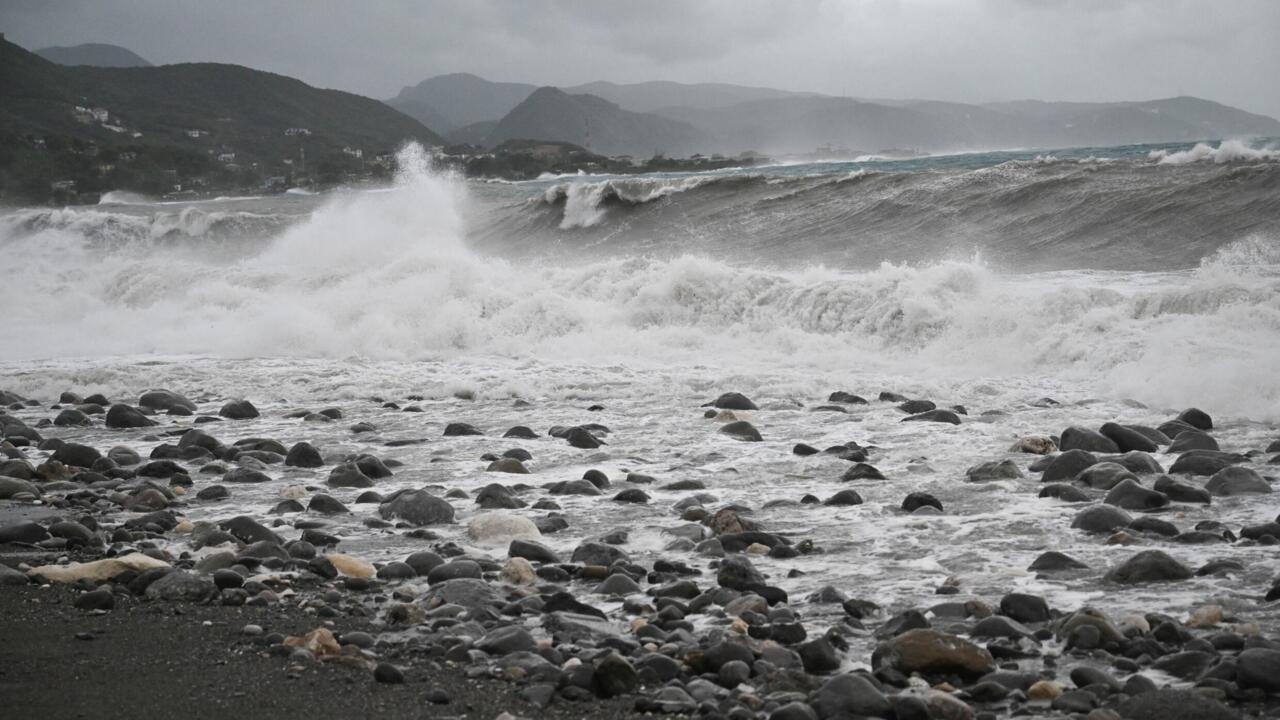- Hurricane Melissa hit the Caribbean , causing a lot of damage.
- Hurricane Melissa is not just a meteorological phenomenon, it is a warning that natural disasters can eventually become a global challenge.
With fierce winds and torrential rain, Hurricane Melissa tore through the Caribbean, leaving a trail of destruction. On October 28, 2025, the Category 5 storm made direct landfall in Jamaica, unleashing sustained winds of up to 183 miles per hour. Trees were uprooted, roofs ripped off, and much of the island plunged into darkness as power systems collapsed.
The Government of Jamaica declared a national disaster and activated emergency protocols. Prime Minister Andrew Holness urged citizens to remain vigilant as rescue operations began.
Melissa weakened as it moved northwest, striking eastern Cuba near Santiago de Cuba as a Category 3 hurricane with sustained winds around 120 miles per hour. Cuban authorities evacuated over 700,000 people, and regional humanitarian agencies issued situation reports to coordinate relief efforts.
The United Nations Children's Fund (UNICEF) and other UN partners played a key role in the response, deploying prepositioned supplies and activating contingency agreements to ensure rapid delivery of child protection and health services. Their preparedness strategy emphasized strategic logistics and early coordination.
Even as hurricanes weaken, the risks remain severe. Heavy rains can trigger flooding and landslides, damaging homes, cutting off roads, and disrupting electricity and water systems. These cascading effects often outlast the storm itself, creating urgent needs for shelter, food, and medical care.
Read More
Melissa’s arrival just weeks after the International Day for Disaster Risk Reduction commemorated on October 13 has reignited global conversations about resilience. This year’s theme, “Fund Resilience, Not Disasters,” underscored the importance of early warning systems and inclusive preparedness, especially in vulnerable regions.
While not every storm can be directly linked to climate change, scientists warn that warmer ocean temperatures are fueling stronger hurricanes. Developing nations, with limited infrastructure and resources, remain disproportionately at risk. Melissa’s destruction highlights these inequalities and the urgent need for global solidarity.
As the storm moves toward new regions, the world watches closely. Hurricane Melissa is more than a meteorological event—it’s a stark reminder that natural disasters can become global challenges. Disrupted trade, humanitarian displacement, and regional instability ripple far beyond the eye of the storm.
As rescue efforts continue, one message rings clear: preparedness saves lives. The international response to Hurricane Melissa demonstrates that when nature strikes, unity and cooperation are humanity’s strongest defense.
Stay connected with us on WhatsApp and X for instant updates and breaking news as it happens.



-1772102940-md.jpg)


-1772090413-1772095461-md.jpg)
-1772094026-md.jpg)

-1772102940-sm.jpg)


-1772090413-1772095461-sm.jpg)